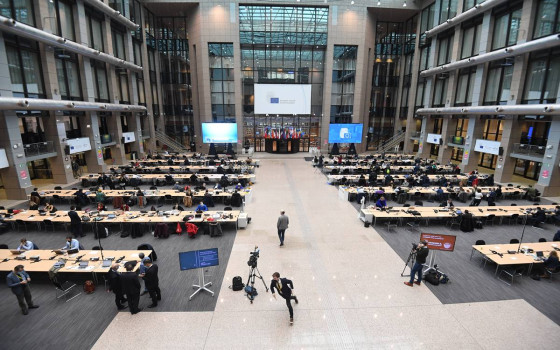
Brussels: A new law stipulates that basic commodities offered in the European Union markets will not contribute to deforestation and thus reduce global warming.

- Europe and Arabs
- Tuesday , 6 December 2022 15:25 PM GMT
Brussels: Europe and the Arabs
In a statement released early Tuesday morning, the Commission welcomed the provisional political agreement reached between the European Parliament and the Council on EU regulation on deforestation-free supply chains.
Once adopted and implemented, the Commission said, the new law will ensure that the range of commodities on the EU market will no longer contribute to deforestation and forest degradation in the EU and elsewhere in the world.
Since the European Union is a major economy and consumer of these commodities, this step will help stop a large part of global deforestation and forest degradation, thus reducing greenhouse gas emissions and biodiversity loss. This major agreement comes ahead of the start of the landmark Conference on Biodiversity (COP15) which is set to set nature conservation goals for decades to come.
When the new rules come into force, all relevant companies will have to carry out strict due diligence if they place them on the EU market, or export from them: palm oil, cattle, soybeans, coffee, cocoa, timber, rubber as well as derivative products (such as beef, furniture or chocolate). . These commodities were selected on the basis of a comprehensive impact assessment and identified as the main driver of deforestation due to agricultural expansion.
The political agreement comes just 12 months after the commission's 2021 proposal. The final version builds on the core features proposed by the commission, namely: addressing deforestation regardless of whether it is legal or illegal; stringent traceability requirements linking goods to the farmland on which they were produced; country performance measurement system.
New rules for corporate due diligence
The new regulation sets out strong mandatory due diligence rules for companies wishing to place relevant products on the EU market or export them. Operators and dealers will have to prove that the products are deforestation-free (produced on land that was not subject to deforestation after December 31, 2020) and legal (compliance with all applicable laws applicable in the country of production).
Companies will also be required to collect accurate geographic information on farmland where the goods they source have been grown, so that these goods can be checked for compliance. Member states must ensure that non-compliance with the rules leads to effective and dissuasive penalties.
The list of commodities covered will be reviewed and updated regularly, taking into account new data such as changing deforestation patterns.
The Commission will administer a benchmarking system that will assess countries or parts of them and their level of risk of deforestation and forest degradation - high, standard or low risk - taking into account agricultural expansion of production of the seven commodities and derived products. Corporate liabilities depend on the level of risk. This will also help guide the EU's work together with partner countries on halting deforestation, with particular attention to the situation of local communities and indigenous peoples.
At the international level, the EU will intensify its engagement, both bilaterally with producing and consuming countries and in relevant multilateral forums, to ensure the effective implementation of the new law and to assist producing countries when necessary. Not only will the new rules reduce greenhouse gas emissions and biodiversity loss, but they will also help secure the livelihoods of millions of people, including indigenous peoples and local communities around the world, who depend heavily on forest ecosystems.
The new regulation will now have to be formally adopted by the European Parliament and Council before it can come into force. Once the regulation comes into force, operators and merchants will have 18 months to implement the new rules. Small and micro enterprises will have a longer adjustment period, in addition to other specific provisions.
Deforestation and forest degradation are important drivers of climate change and biodiversity loss - the two major environmental challenges of our time. The Food and Agriculture Organization of the United Nations (FAO) estimates that 420 million hectares of forest - an area larger than the area of the European Union - was lost to deforestation between 1990 and 2020. In terms of net area loss (the difference between the area of forest cleared and the surface of new planted or regenerated forests), the Food and Agriculture Organization estimates that the world lost about 178 million hectares of forest cover in the same time period, an area three times the size of France.
The Intergovernmental Panel on Climate Change (IPCC) estimates that 23% of all anthropogenic greenhouse gas emissions (2007-2016) come from agriculture, forestry and other land uses. About 11% of total emissions are from forestry and other land uses, mostly from deforestation, while the remaining 12% are direct emissions fro agricultural production such as livestock and fertilizer.


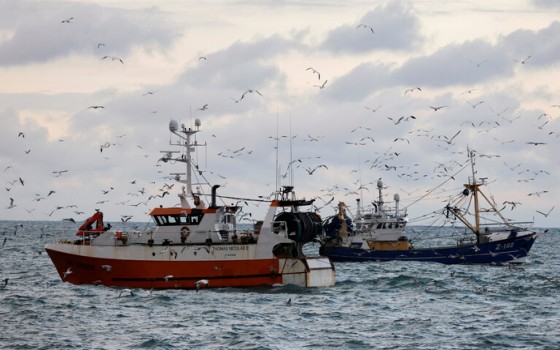

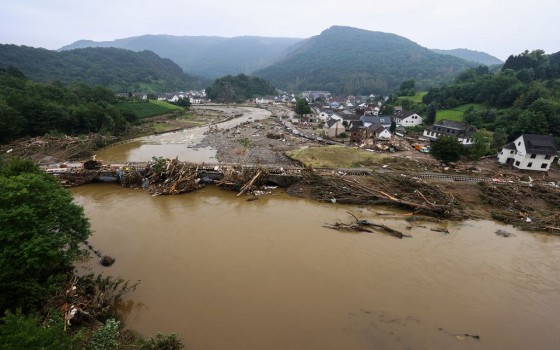
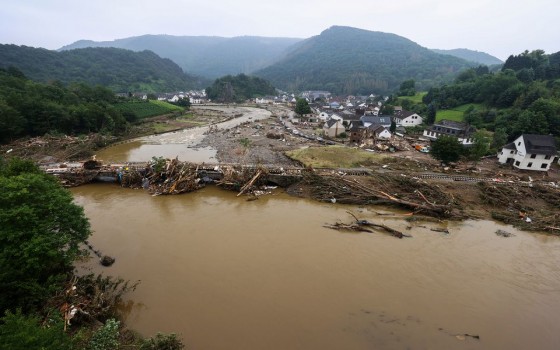


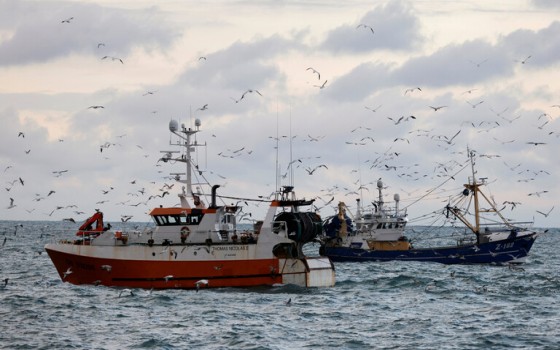



No Comments Found